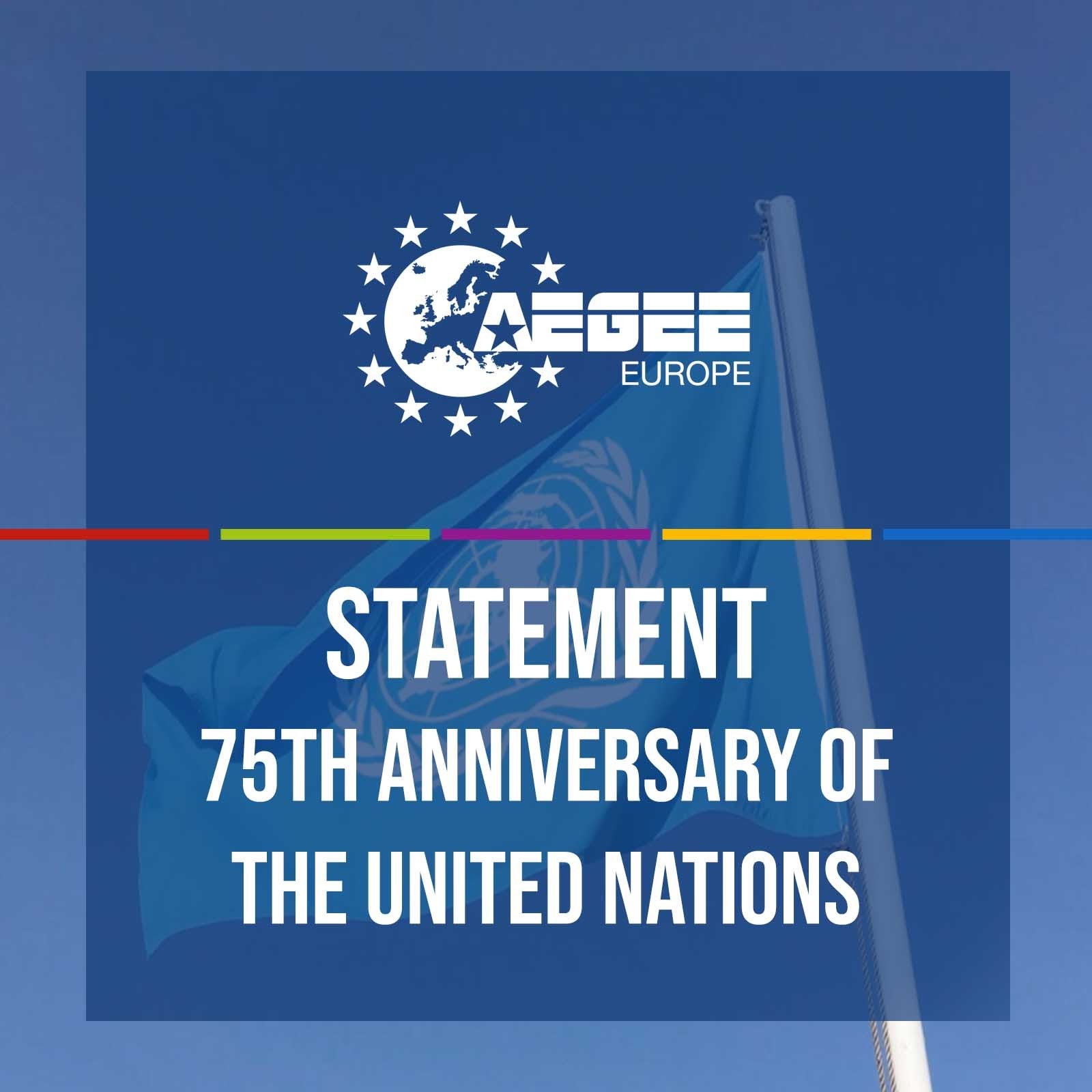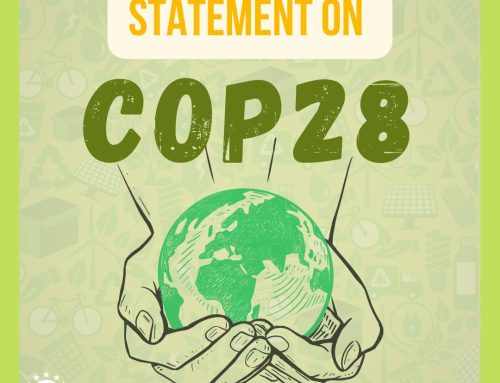Creation of the United Nations
The world had gone through two devastating and all-consuming wars in less than 30 years of span in the first half of the 20th century. By 1945, it was clear for the war-torn and desolate nations that their joint and firm commitment was necessary to put an end to the war. For this purpose, from 25 April 1945 to 26 June 1945, more than 50 nations gathered in San Francisco, California, to lead the United Nations Conference on International Organization (UNCIO), giving a start to the world’s largest international organization. 24 October 2020 commemorates the 75th anniversary of ratifying the Charter of the United Nations, celebrating dedicated global cooperation for building a peaceful, safe and prosperous future for all nations and promoting peace, dignity, and equality on a healthy planet.
As a major facilitator of world peace, cooperation and security, the United Nations strives for sustainable development of the economic and social lives of people while ensuring respect for universal human rights and reinforcing international law.
The 25th of September 2020 also marked the fifth anniversary since the 70th UN General Assembly adopted the 2030 Agenda for Sustainable Development, showcasing the United Nations’ continuous effort to overcome global challenges, such as poverty and inequality, gender inequality, climate change, health and education, inclusive and sustainable economic growth. The 2030 Agenda comprising the 17 Sustainable Developments Goals (SDGs) and their 169 associated targets, which is one of the most ambitious projects so far, sets a comprehensive action plan for all international actors to achieve a better world.
United Nations and the Youth
The United Nations puts a special emphasis on youth and young people’s participation in decision-making processes, as well as empowering them to take action and contribute to the fulfillment of the 2030 Agenda and the SDGs. Youth development issues across the globe are addressed in the biannual flagship publication of the World Youth Report by the United Nations Department of Economic and Social Affairs (UNDESA). The latest edition of the World Youth Report, published in 2020, envisions social entrepreneurship as an instrument for youth development, addressing the unmet economic and social needs of young people. According to the Report, youth social entrepreneurship has the potential to empower youth through employment and simultaneously direct their talents and capacities to serve a social good, thus contributing to the implementation of the SDGs.
SDGs and AEGEE-Europe
Furthermore, the Preamble of the 2030 Agenda pledges to “leave no one behind” on the journey of transforming the world, acknowledging that the SDGs cannot be achieved without active youth engagement. The 2030 Agenda pivots around 5 pillars (“five Ps”) and 3 dimensions of sustainable development:
- People (social dimension)
- Planet (environmental dimension)
- Prosperity (economic dimension)
- Peace
- Partnership
Youth are relevant to all five “Ps” and their active participation is needed for the fulfillment of the Agenda. AEGEE-Europe, as a youth organization, having a growing network of at least 13 000 young people in Europe, believes that the youth are critical agents of change and their role is undeniable in overcoming world challenges. SDGs are featured in all of the thematic focus areas as defined by the Strategic Plan of AEGEE-Europe for the period 2020-2023:
- Climate Emergency (SDGs 11, 12 and 13)
- Mental Health (SDG 3)
- Political Activism (SDGs 16 and 17)
- Social Equity (SDGs 5 and 10)
AEGEE-Europe unites young Europeans coming from all regions of the continent who recognize that it is their very responsibility to strive for a democratic, diverse and borderless Europe, and by “shaping a better Europe” they thus contribute to “achieving a better world”.
AEGEE-Europe further embraces its indisputable role to, within its capacities, contribute to the global cooperation between the United Nations and the European Union for the full realization of the SDGs by 2030. Finally, AEGEE-Europe envisions contributing to social and environmental dimensions of sustainable development and achieving better lives for the youth by successfully implementing its thematic priorities.
Sources:
- https://www.un.org/development/desa/youth/world-youth-report/wyr2018.html
- https://data.consilium.europa.eu/doc/document/ST-15715-2018-INIT/en/pdf
- https://sustainabledevelopment.un.org/post2015/transformingourworld






